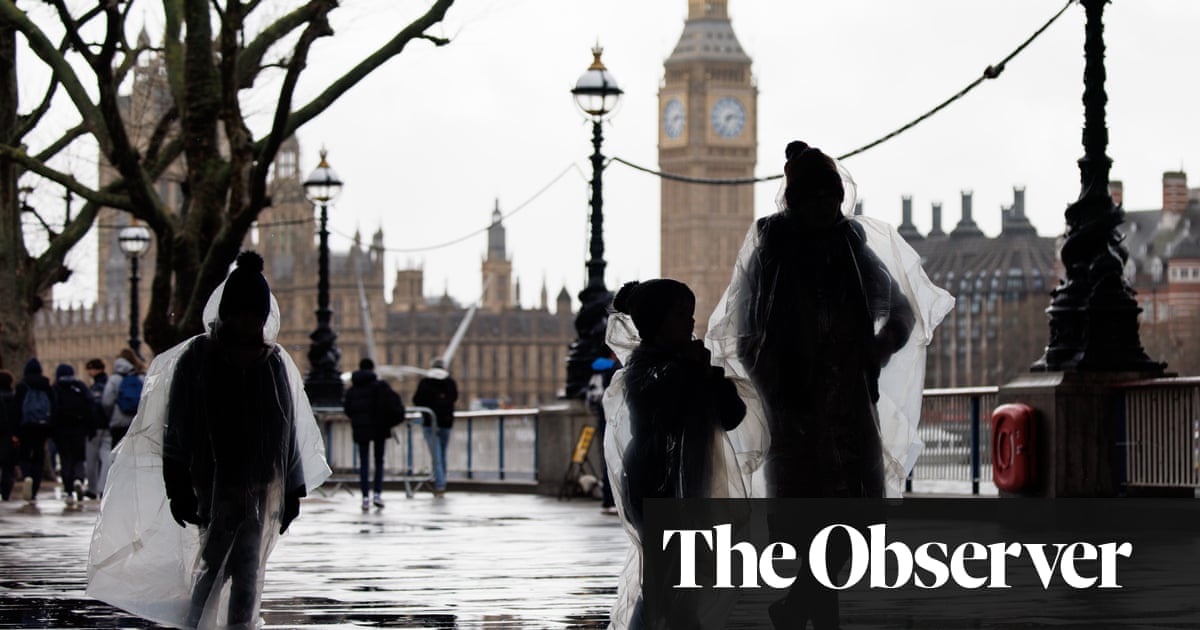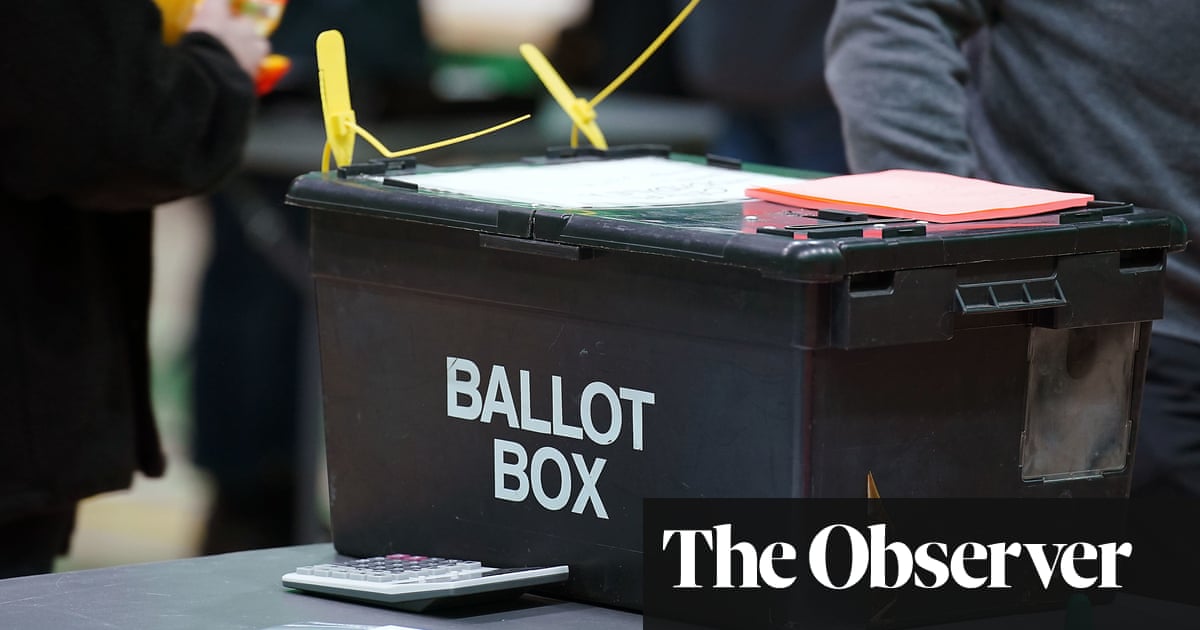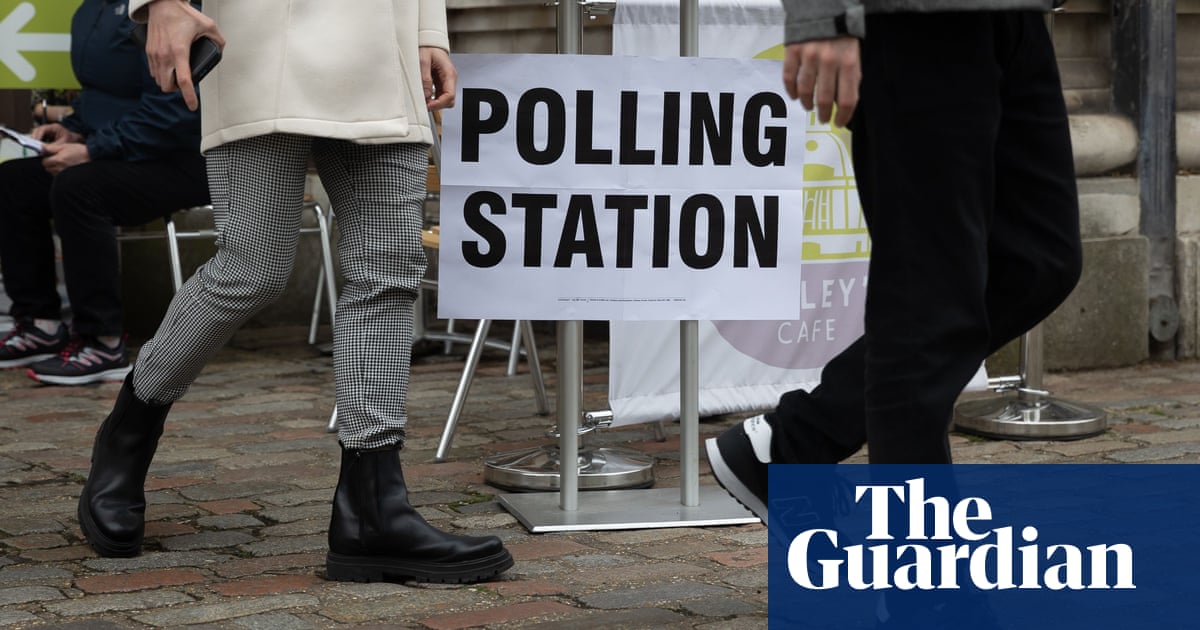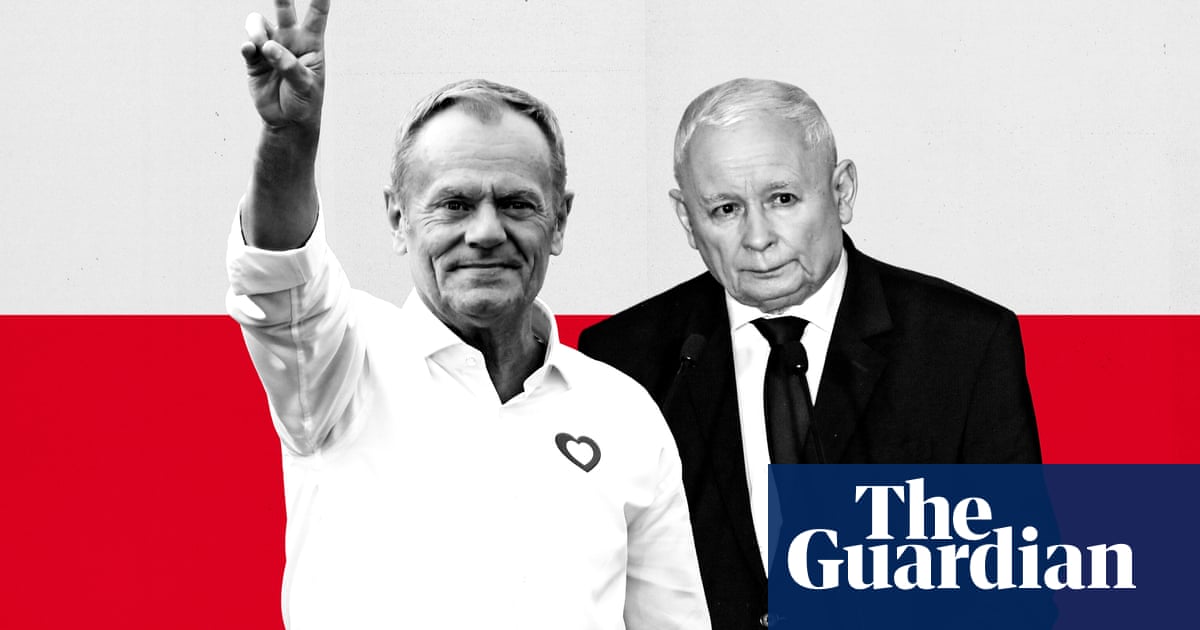
How times change. The last time the local election seats up this week were contested in 2021, Boris Johnson was riding a “vaccine bounce”, and a wave of Tory gains prompted speculation of a decade of dominance. Three chancellors and two prime ministers on from Johnson’s high-water mark, his successor Rishi Sunak will be scanning a bleak electoral landscape for any glimmers of hope, while Keir Starmer will be looking for big breakthroughs to confirm that a red wave is indeed coming to Westminster.
The first big result will be Blackpool South in the small hours of Friday morning. Labour should win this “red wall” marginal comfortably on current polling, while anxious Conservatives will be watching the Reform UK vote share. Big early wins for Labour in the Westminster byelection and early counting councils will help the opposition set the tone for coverage of the long days of counting to follow.
The mayoral races in Tees Valley and the West Midlands are the other headline contests to watch. Both have Conservative incumbents, and if either Ben Houchen or Andy Street can survive, it will be evidence that well-regarded Conservatives can still thrive in a harsh climate for their party. The London race looks less interesting: while Sadiq Khan’s personal polling looks weak, the Labour lean of the capital and Labour mood of the country should see him through. A Conservative win would be a major upset, and a shot in the arm for the struggling Sunak government.
Two new mayoral elections will also be closely watched – the East Midlands combined authority covers a region thick with Westminster marginals, while York and North Yorkshire covers swathes of blue-leaning rural terrain, including Sunak’s constituency. This is the Conservatives’ best chance to elect a new mayor, and an opportunity for Labour to give the prime minster a bloody nose in his own backyard.
Results in places such as Oldham, Burnley and Oxford will be watched closely for early signs of possible challenges to come on Labour’s left flank
There is plenty to watch out for in the patchwork quilt of council elections. Labour will dearly hope to recover Hartlepool, a red wall council where a Westminster byelection defeat in 2021 triggered the worst crisis of Starmer’s leadership, and to make solid gains in traditional swing areas, such as Bolton and Milton Keynes, which typically back the winner in general elections. Dudley provides another key test: all the seats are up in this Conservative-held council in a strongly pro-Brexit West Midlands battleground whose Westminster seats swung hard against Labour in 2019. Labour will also look for gains in Harlow, Thurrock and Basildon for evidence that the tide is turning in the Thames Estuary, long one of England’s swingiest regions, and one which has become very blue since Brexit.
The opposition will also have an anxious eye on councils with large Muslim or young progressive populations. The Gaza conflict has proved a lightning rod for discontent with Starmer’s leadership, with dozens of Labour councillors leaving the party over the issue. Results in places such as Oldham, Burnley and Oxford will be watched closely for early signs of possible challenges to come on Labour’s left flank.
The Liberal Democrats are looking for a third strong performance in a row to build a platform for Westminster success in the Tory-held blue wall seats they are targeting. The party will hope to take control in Wokingham, represented at Westminster by John Redwood, in west Oxfordshire, whose MP was once David Cameron; and in Elmbridge, where Dominic Raab’s Westminster seat is a top target. Another Lib Dem advance in such areas will suggest a second front is opening up against the government in once true-blue home counties terrain.
The locals are also a test for two smaller parties that have been gaining in the polls. The Greens have never been stronger in local government and will target Bristol, where they are already the largest party. A big breakthrough here will boost their campaign for their top Westminster target seat, Bristol Central, where Green co-leader Carla Denyer is seeking to unseat Labour shadow cabinet member Thangam Debbonaire.
Surging support for Reform UK is the big polling story this year, but to date they have barely registered in local elections. Reform are standing a larger slate for the first time this year, though with barely one in eight wards covered, the latest Farage outfit remains a pale shadow of Ukip in its pomp. Reform will hope that strong local showings in places such as Bolton and Barnsley, and a creditable performance in the Blackpool South byelection, will quell doubts that the party is a paper tiger lacking the organisational muscle to turn polling strength into votes.
Each party’s expectations are framed by the general election, now only months away. A dominant, yet still anxious, Labour opposition wants a big breakthrough on a broad front to convince sceptical voters and pundits that the tide really has turned. The Liberal Democrats seek a more concentrated advance to build a solid platform in the blue wall, while the smaller parties need to convince voters they are relevant voices with a role to play. For the Conservatives, who swept all before them when these seats were last fought, the only goal is to cling on and ride out the storm. An even bigger electoral tempest is not far off.
Robert Ford is professor of political science at Manchester University and co-author of The British General Election of 2019.












